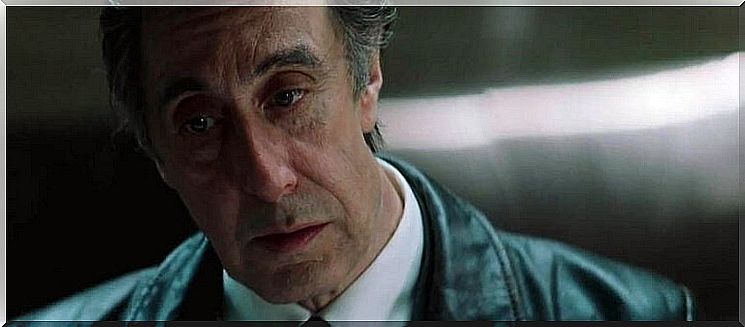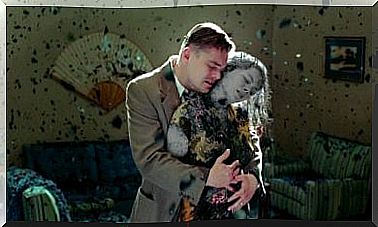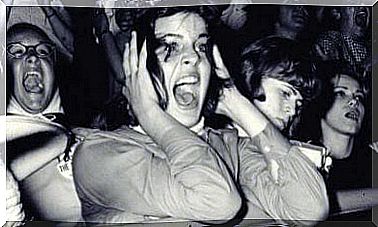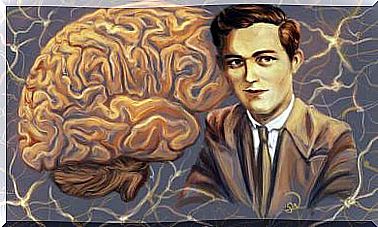The Movie Insomnia: Inner Demons That Do Not Let You Sleep

In 2002, Christopher Nolan directed the film Insomnia, which was about a strange murder in Alaska. The protagonist Will Dormer (Al Pacino) is an influential police officer in Los Angeles. He travels there with his colleague Donovan to solve the brutal murder of a teenager.
Just as they are catching the killer, Donovan is shot and the killer (Robin Williams) escapes. Will cannot accept what happened and he changes his description of the incident, and also uses evidence from the crime scene for this.
The killer contacts Will and begins to blackmail him. The detective is tormented by his friend’s death and feels guilty. In addition to the constant conversations from the killer, he begins to suffer from insomnia.
The movie insomnia: when the guilt causes insomnia
Will cannot accept the event in which he participated. He denies what happened when he is with others, nor can he admit it to himself. This means that he cannot assimilate it into his life. He does not want to identify with the incident and not take responsibility for it, but his conscience has registered everything that has happened.
When a person experiences something traumatic, he needs to go through what has happened. That’s the only way to process it. In Will’s case, it is his denial that affects his mental and physical well-being.

Insomnia does not let you live
After the incident, Will begins to convince himself that it was not his fault. This mental avoidance regarding what actually happened leads him to realize some unpleasant things about himself, about other people and about the world in which he lives.
Al Pacino gives a very clear portrait of how post-traumatic stress can occur and how people go through it. Will experiences an extremely traumatic event and reacts with fear and helplessness. After the tragedy, he relives this in his dreams, memories and flashbacks.
Will knew that the only way to solve the case was by telling the truth, and thus freeing himself from his guilt. However, he preferred to avoid thinking about what happened and tried to change these events with lies.
He builds a new story about the accident by creating distorted memories and consequences, and also tries to blame another person.
In order to perpetuate this lie, he begins to distance himself from other people. His ability to experience positive emotions is slowly beginning to disappear.

Personality and trauma
When you experience different types of trauma, the personality divides into two or more psycho-biological subsystems, which make it difficult for the person to adapt. They can develop in different ways and become either EP or APN.
- EP: This part contains very strong emotions from the traumatic experience, which is revived on a motor-sensory level. This part involves drawing attention to possible threats. These threats may seem greater than they really are due to the trauma of the past.
- APN: This part avoids traumatic memories and focuses on functions in everyday life. The person seems to behave “normally”, but the fact is that he will have negative symptoms that may include distancing himself or suffering from memory loss related to the traumatic experience.
As these two elements of a personality divide, it can result in post-traumatic stress disorder, which hinders the integration of traumatic memories. This also means that the events do not turn into autobiographical memories. However, the traumatized person must be able to talk about the event and understand it himself.
Our life is the scene on which we exercise our lives. The script constantly changes the main character in different ways. The film Insomnia reflects how an event can affect how a person integrates a memory into their life story.








